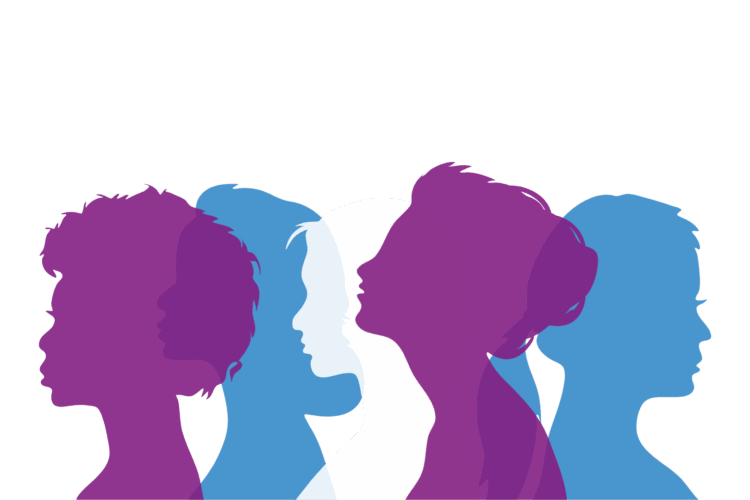At the 70th session of the Commission on the Status of Women (CSW70), the LBTI Caucus submitted a powerful statement urging governments, UN agencies, and global partners to ensure that the fight for gender equality fully includes lesbian, bisexual, trans, and intersex (LBTI+) people. The focus of CSW70, which was access to justice for all women and girls, offered a crucial opportunity to recognize that gender justice cannot be achieved without addressing the realities and rights of LBTI+ communities worldwide.
What are the main issues?
Access to Justice for LBTI+ Persons
Despite global progress on gender equality, LBTI+ people remain systematically excluded from justice systems.
- As of today (2025), consensual same-sex intimacy remains criminalized in more than 60 countries, while vague and discriminatory laws, such as those on “public morality” or “cross-dressing” , continue to be used to harass and punish LBTI+ individuals.
- Trans and gender diverse people face extensive barriers to obtaining legal documents that reflect their gender identity, restricting access to health care, education, employment, housing, and mobility. Legal gender recognition, where available, is often conditional on pathologizing, invasive medical procedures, sterilization, psychiatric diagnosis, or surgical “proof”.
- Regarding intersex people, legal systems in many countries continue to fail to protect them from non-consensual, medically unnecessary procedures.
Participation in Public Life and the Elimination of Violence
LBTI+ individuals face systemic exclusion from political and decision-making spaces through denial of legal recognition, political targeting, and criminalization.
- Trans and gender diverse persons without gender-affirming documentation may be denied the right to vote, run for office, access justice or register organizations. In some countries, public advocacy for LBTI+ rights and Pride marches are criminalized under anti-propaganda and anti-advocacy laws, resulting in police violence and arbitrary arrests.
- Trans women, particularly those who are Black, Indigenous, fat, sex workers, forcibly displaced, stateless and undocumented, face disproportionate levels of gender-based violence, which can be fatal. Intersex people experience lifelong physical and psychological consequences from non-consensual medically unnecessary surgeries. Shelters and sexual violence services may turn away trans women or lack inclusive policies for intersex and non-binary persons.
Key recommendations submitted to the CSW70
The LBTI Caucus called on Member States and UN agencies to take 14 urgent steps. Below find some of the concrete recommendations:
- Repeal laws that criminalize the lives and livelihoods of LBTI+ persons, including those related to consensual
same-sex intimacy, gender diversity, gender expression, non-heteronormative family structures, and sex work. Eliminate
vague legal provisions such as ‘public morality’ or ‘national security’ that are used to target LBTI+ individuals and
organizations. - Adopt legal gender recognition laws based on self-determination, accessible to all persons without requirements for
surgery, sterilization, psychiatric evaluation, or other medical procedures. - Ensure the meaningful participation of LBTI+ persons in public and political life, including through the development of temporary special measures, dedicated funding for LBTI-led initiatives and explicit representation in national, regional, and global policy forums with attention to rural and grassroots LBTI voices often excluded from decision-making.
- Integrate LBTI+ perspectives into national and local action plans on gender-based violence, and ensure that all services are inclusive and affirming of LBTI+ survivors, including in shelter, health care, and psychosocial support.
GATE stands with the LBTI Caucus in calling for concrete, sustained action to reform laws, expand access to justice, and ensure that every person, regardless of their sexual orientation, gender identity or expression, or sex characteristics, can live free from violence and discrimination.






